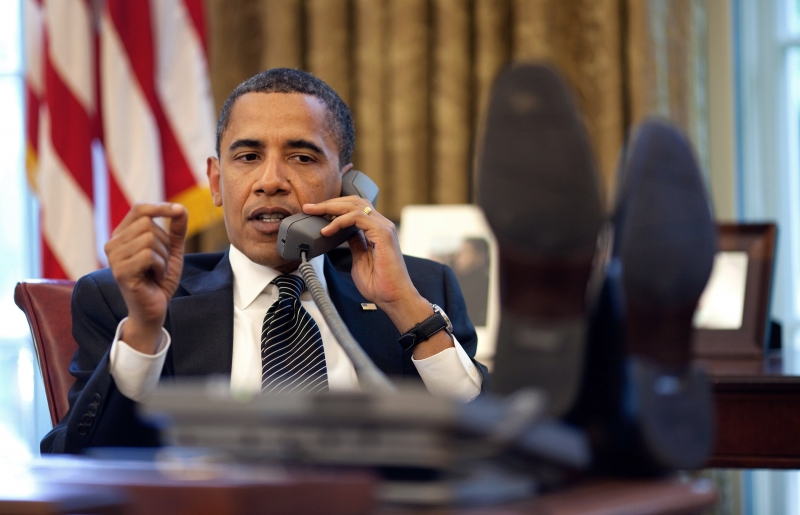After five years of negotiations, trade ministers from 12 countries, including the US, have reached a deal on the Trans-Pacific Partnership (TPP). Campaigners say the agreement is the "biggest global threat to the internet," and claim it will bring huge new online restrictions around the world.
The TPP's claimed purpose is to create a unified economic bloc so that companies and businesses can trade more easily. Web freedom groups have accused the deal - which is expected to set common standards for 40% of the world's economy - of favoring big business interests, adding that it will effectively export restrictive US intellectual property laws worldwide.
One of the most controversial aspects of the deal is that it makes revealing corporate wrongdoing "through a computer system" a crime. And although the wording in this section of the TPP is vague, some experts worry it could have ramifications for whistleblowers or journalists who expose illicit company activities online.
As part of the agreement, Australia, Brunei, Canada, Chile, Japan, Malaysia, Mexico, New Zealand, Peru, Singapore, and Vietnam have agreed to take on the various intellectual property and internet laws of the US.
"The TPP is likely to export some of the worst features of US copyright law to Pacific Rim countries: a broad ban on breaking digital locks on devices and creative works (even for legal purposes), a minimum copyright term of the lifetime of the creator plus seventy years (the current international norm is the lifetime plus fifty years), privatization of enforcement for copyright infringement, ruinous statutory damages with no proof of actual harm, and government seizures of computers and equipment involved in alleged infringement," wrote Katitza Rodriguez and Maira Sutton of the Electronic Frontier Foundation.
Activists also worry that the TPP deal will eventually see Internet Service Providers receiving the power to police internet activity, take down online content and cut people off from internet access for common user-generated content.
Congress has 90 days to review the agreement before it can be signed. The full details of the TPP will not be fully published for years.
